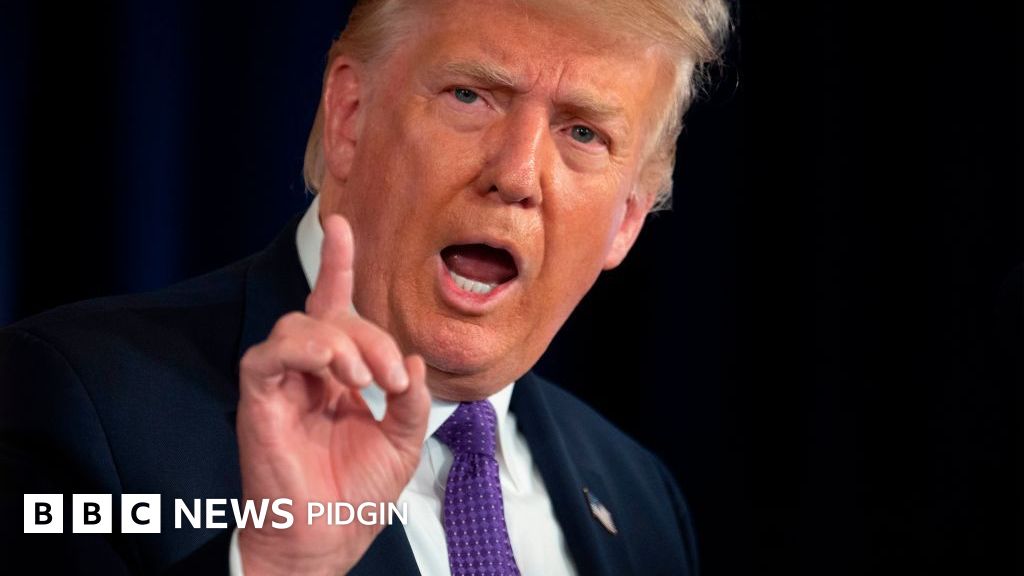Iran's Khamenei Declares Victory Over Israel, Issues Threats Against US

Iran's Supreme Leader, Ayatollah Ali Khamenei, has delivered his first public statement since the recent escalation of tensions and military confrontations involving Iran, the United States, and Israel. In a televised video message, Khamenei declared a symbolic and strategic victory for Iran following weeks of intense conflict. He asserted that the United States failed to inflict any significant damage with its strikes on Iranian nuclear facilities and criticized former President Donald Trump for what he termed an “unusually exaggerated” account of events. Khamenei stated, “The United States failed to achieve anything significant,” in reference to US missile strikes, adding that “Our nation has endured worse and has always risen stronger.”
The conflict, which escalated two weeks prior, began with Israeli air strikes on Iranian territory. Iran retaliated with missile attacks, leading to a ceasefire agreement after a “12-day war,” a phrase used by former US President Donald Trump that Khamenei seemingly rebuked. Further heightening regional tensions, the US launched additional strikes targeting Iranian nuclear sites, to which Iran responded by firing missiles at a US military base in Qatar. Khamenei had previously claimed a “heavy slap” was delivered to the US and triumph over Israel following the ceasefire.
Addressing the nation from Tehran on Thursday, Khamenei further threatened more strikes on US bases in the region if Iran were to face another attack. He reiterated his country’s “victory” over Israel and vowed never to surrender to the United States, claiming Washington had been dealt a “slap.” These remarks followed the ceasefire that ended what was described as the deadliest and most destructive confrontation in history between Iran and Israel. The Supreme Leader also alluded to a “stinging row” in the United States concerning the actual extent of damage caused by American strikes on key Iranian nuclear sites.
The extent of the damage to Iran’s nuclear facilities remains a contentious issue. An initial classified assessment, reported by CNN, suggested that US strikes did not destroy key components and only set back Iran's nuclear program by a few months at most. Experts also raised questions about whether Iran moved approximately 400 kilograms of enriched uranium in anticipation of the strikes, potentially hiding it elsewhere. Conversely, former President Trump claimed the attack “obliterated” Iran’s nuclear facilities, including the Fordo site, setting the program back by “decades.” CIA chief John Ratcliffe stated that “several key Iranian nuclear facilities were destroyed and would have to be rebuilt over the course of years.” The Israeli military also claimed a “significant” blow but acknowledged it was “still early” to fully assess the damage, with Prime Minister Benjamin Netanyahu announcing they had “thwarted Iran’s nuclear project.” Iranian foreign ministry spokesman Esmaeil Baqaei, however, admitted to Al Jazeera that “nuclear installations have been badly damaged, that’s for sure.”
US Defense Secretary Pete Hegseth was expected to hold a news conference to detail the damage from Iran’s retaliatory strikes and the current state of US military installations in the Middle East. Despite the conflict derailing previous nuclear talks, Trump indicated that Washington would hold discussions with Tehran the following week, expressing hope for a “comprehensive peace agreement,” noting both sides seemed “tired, exhausted.” Iran has consistently denied seeking nuclear weapons, asserting its right to peaceful atomic energy use, and expressed willingness to return to negotiations. The conflict resulted in at least 627 civilian deaths in Iran, according to Tehran’s health ministry, while Iran’s attacks on Israel killed 28 people. A state funeral for top commanders and nuclear scientists killed in the war was planned for Saturday in Tehran.










